Mr. Karol Nawrocki (center) speaks in Warsaw (Poland), June 1, 2025. (Photo: PAP/VNA)
Karol Nawrocki's narrow victory with 50.89% of the vote is not only a change in leadership, but also a symbol of a profound shift in culture, identity and national politics in Poland.
Breathtaking race track
Not entering the race with the image of a traditional politician, Mr. Nawrocki is a historian, coming from the Institute of National Remembrance - which is closely associated with protecting Polish heritage and national identity.
He not only represents the Law and Justice (PiS) party, but also becomes the voice of those who feel left behind by globalization, European integration and modern liberalism.
Candidate Nawrocki's message is clear: “Poland for Poles,” “national identity cannot be diluted by Brussels (the European Union-EU) or radical social movements.”
His campaign was not about micropolitics, but about tapping into a pent-up collective feeling – a need to be recognized, protected and not overlooked amid a wave of integration and social reform. That is why he chose the slogan “Poland first, Poles first.”
Mr Nawrocki's victory shows a divided Poland.
While young people, urban residents and intellectuals chose Rafał Trzaskowski, Mayor of Warsaw, representing the Civic Alliance (KO) – with hopes for a more modern, open and integrated Poland, historian Nawrocki attracted strong support from rural areas, the working class, the elderly and Catholics – who felt that “real Poland” was being lost.
The narrow margin of support demonstrates the deep divisions in society and that Polish voters are no longer arguing simply about taxes or welfare – but about the true meaning of Poland itself.
New direction
Mr. Nawrocki not only represents a new generation of leaders but also symbolizes conservative and nationalist trends in Poland.
His policies are expected to have far-reaching implications for the country's future and its relationship with the EU.
He supports the traditional family model, opposes same-sex marriage and adoption by LGBT couples. He also opposes the liberalization of abortion, viewing “the imposition of liberal ideology” as a cultural and moral threat.
He supports increased border controls, especially with Belarus, and opposes sharing the refugee burden within the EU, which he sees as an imposition of policy from Brussels that threatens national sovereignty .
While not advocating leaving the EU, President-elect Nawrocki has expressed clear skepticism about common union policies such as climate, migration and judicial reform.
He repeatedly demanded that Germany compensate Poland for the damages suffered during World War II, seeing this as a political lever domestically.
In the Russia-Ukraine conflict, he supported Kiev, but demanded that it resolve trade disputes affecting Polish farmers, a policy he described as “a principled, not unconditional, allyship.”
He also opposed Ukraine joining the North Atlantic Treaty Organization (NATO).“Sovereignty” and “national identity” are two key words in Nawrocki’s leadership ideology.
He wants to reshape Poland's image as a country that preserves traditions and resists the pressures of globalization and social liberalization.
However, this also means putting Poland at odds with international organizations, especially the EU.
The success or failure of Mr. Nawrocki's policy implementation will depend on his ability to dialogue, compromise and skillfully deal with institutions, while maintaining a balance between national identity and international integration responsibilities.
With Polish Prime Minister Donald Tusk and Parliament controlled by a pro-EU coalition, President-elect Nawrocki is expected to use his veto power to block laws that contradict his conservative views. This could create a conflict between the executive and legislative branches, affecting political stability in the country.
Mr. Nawrocki’s victory also caused considerable concern on both sides of the Atlantic. His criticism of the EU and his support for US President Donald Trump have made European diplomats more cautious about Poland’s policies in the coming period.
The question is: Is a conservative populist wave on the rise in Europe?
It can be said that Mr. Karol Nawrocki's victory is not simply a matter of one candidate overcoming his opponent.
It was a referendum on the country's future direction, asking the fundamental question: “Who are we, Poles, and who do we want to be in a world that is changing so rapidly?”
The answer voters gave was a warning: If the leadership fails to listen to the need for identity, cultural security and a sense of exclusion, the voter vote will speak for itself.
Poland's political future remains open, but it is clear that Mr. Nawrocki's upcoming presidential term will pose many difficult questions both domestically and regionally./.
According to VNA
Source: https://baothanhhoa.vn/ong-nawrocki-dac-cu-tong-thong-ba-lan-buoc-ngoat-ve-van-hoa-va-ban-sac-250835.htm


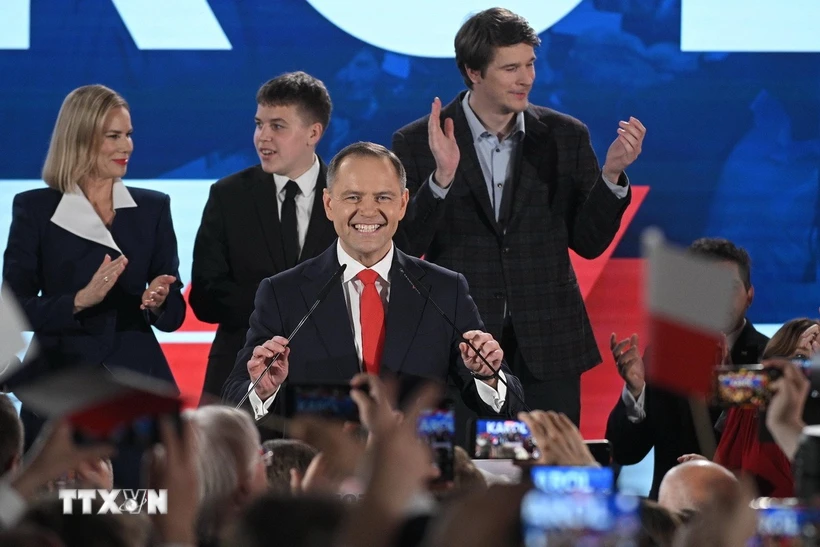


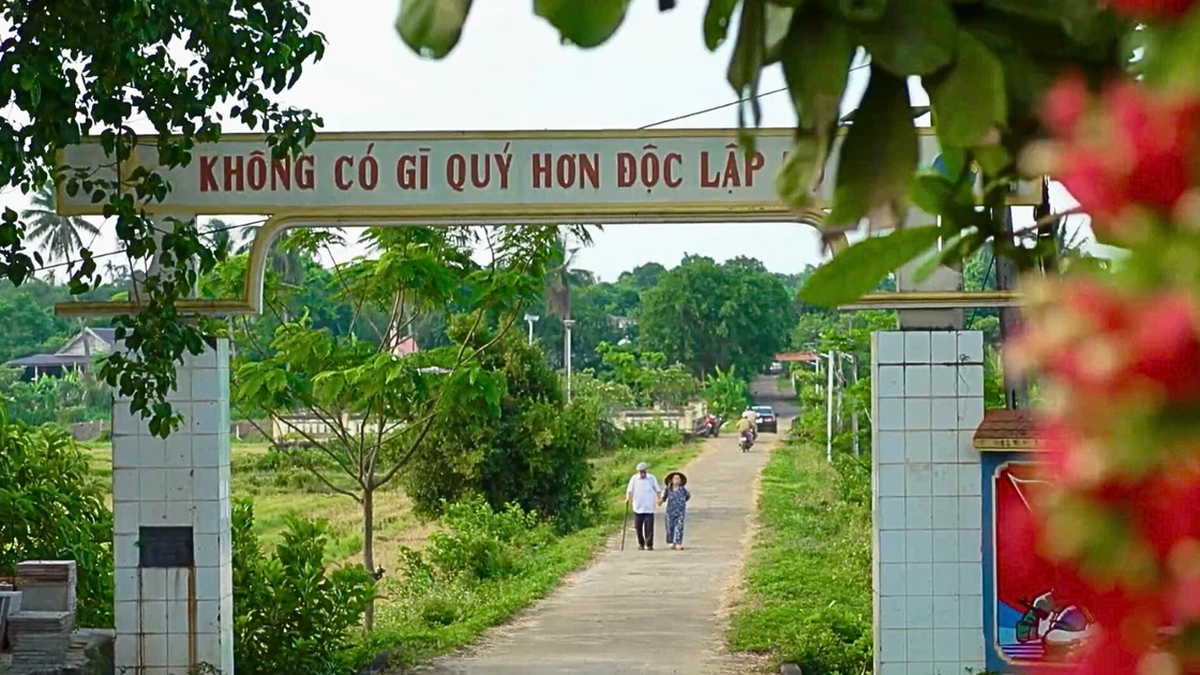

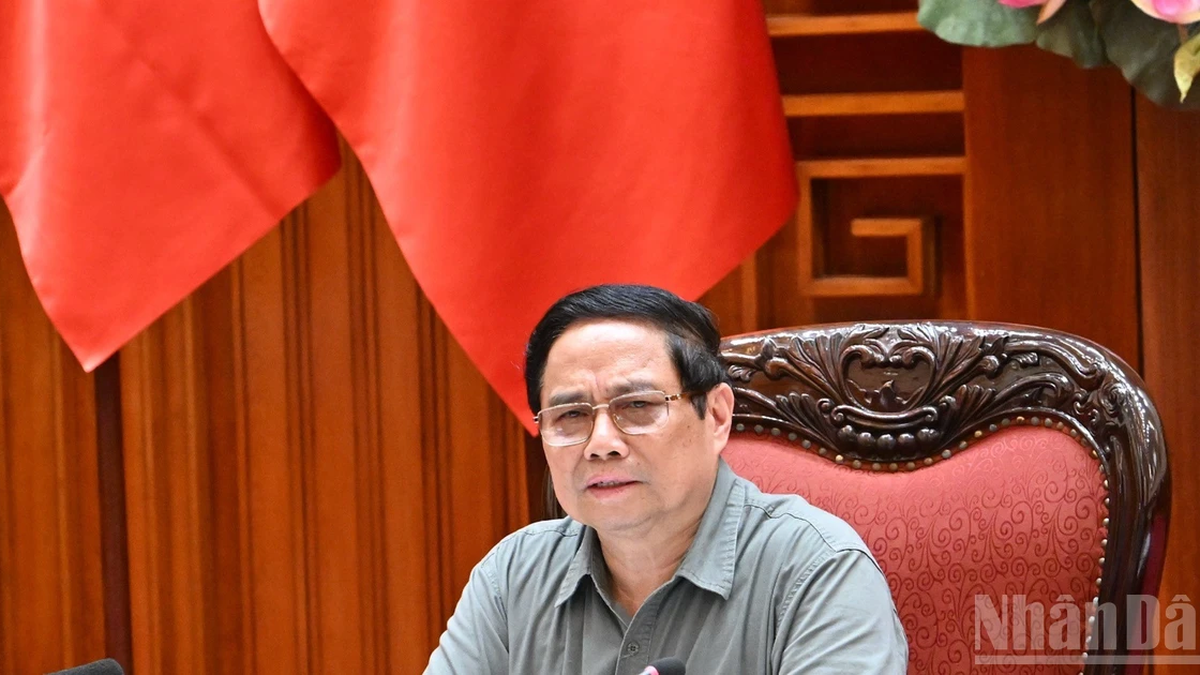
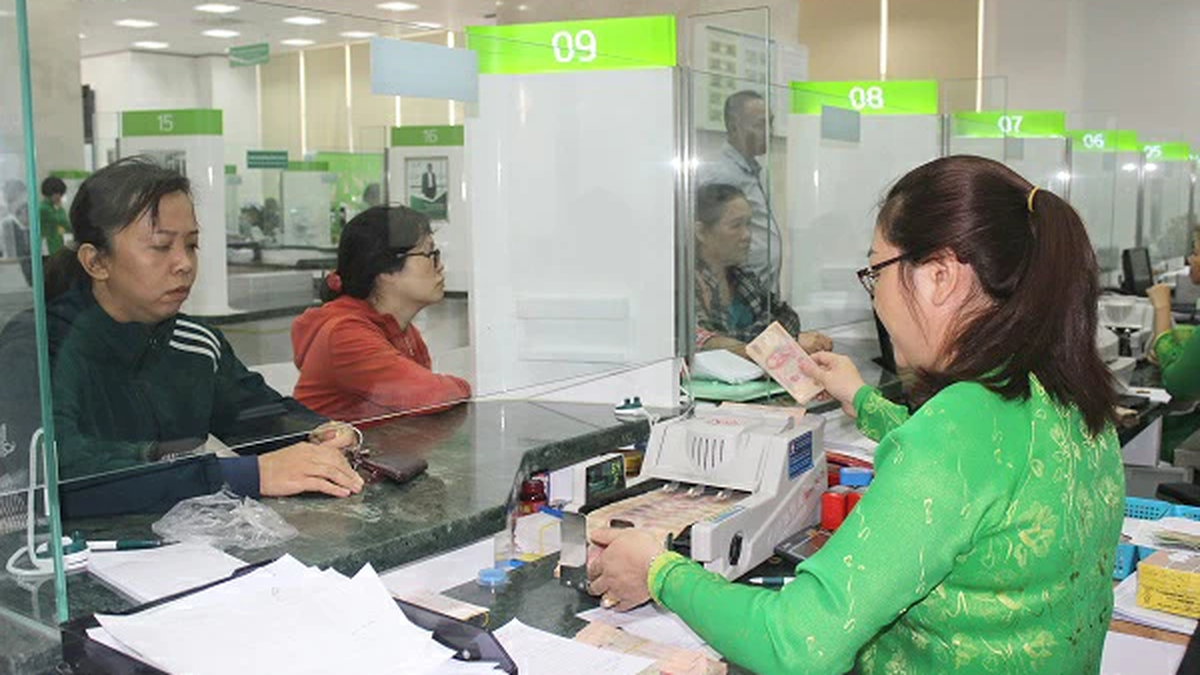



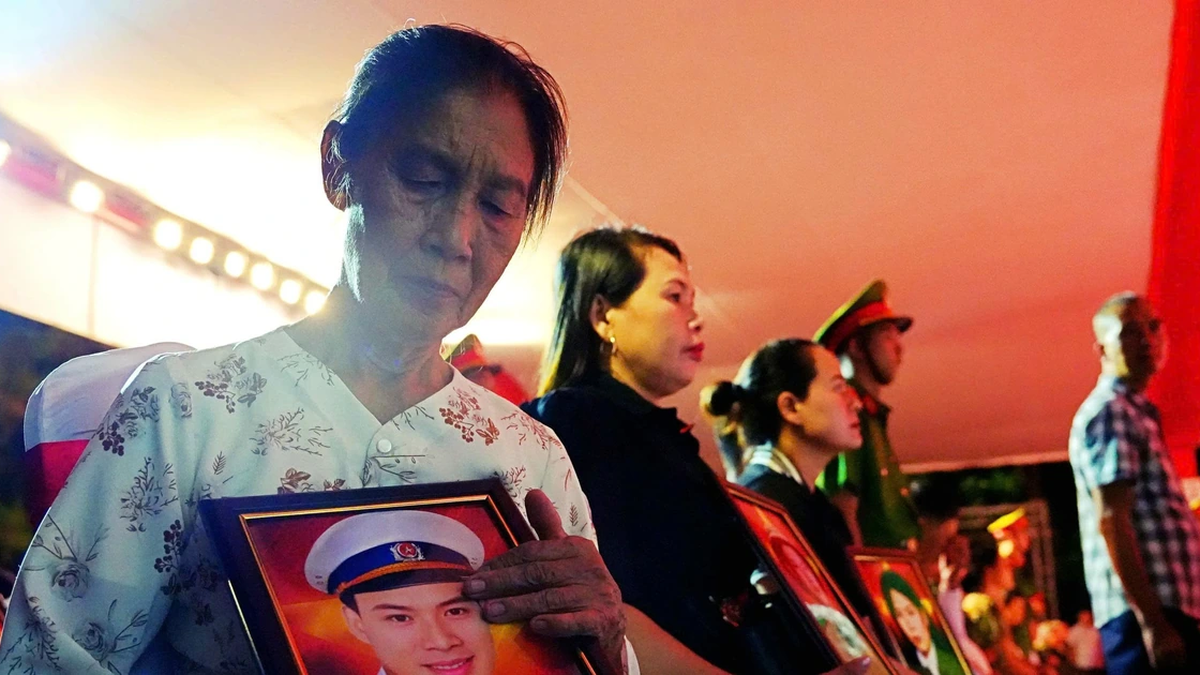























































































Comment (0)